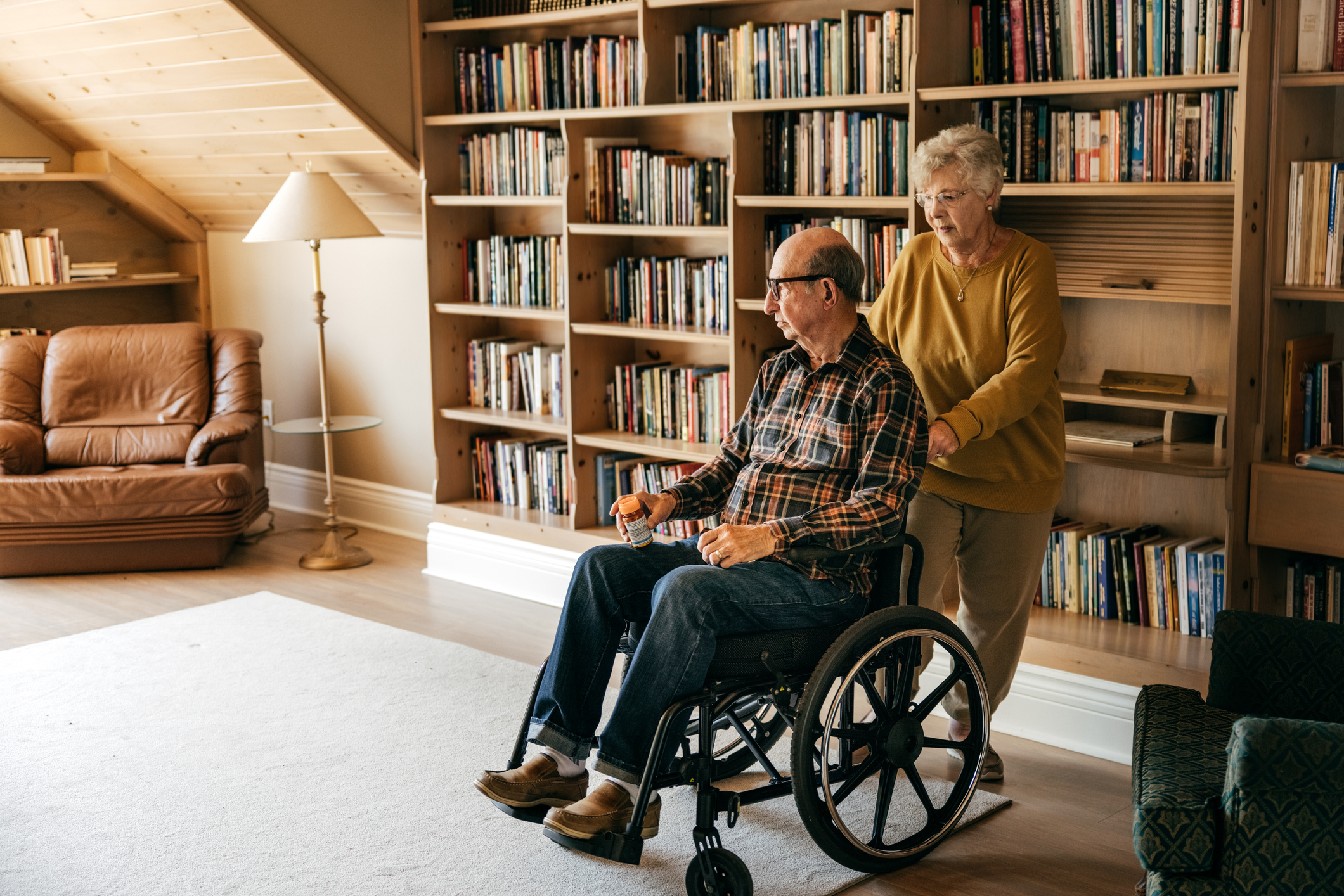Witnessing your partner or a loved one suffer from an injury can significantly change a relationship and erode the mental health of all parties involved. While you may not have been injured yourself, caring for a loved one or partner who has can take an emotional toll. Trying to sift through the collective trauma between your loved ones and yourself is complex, and learning to cope is particularly important.
If dealing with an injury of someone close to you is becoming emotionally taxing, here are some methods that can help you cope.
Having a support system
Surrounding yourself with loved ones aware of what you and your partner are going through can take away some of the weight you are carrying. Taking the time to spend with loved ones away from your injured partner will also give you time to relax, vent your emotional grievances, and allow you to feel their earned support. Asking loved ones to care for your injured partner when you are unable can also give you time to yourself without the threat of exhaustion consuming you. No one should ever have to go through times of stress without relying on loved ones who will help curate a healthy, positive environment for both you and your injured partner.
Set boundaries
When supporting someone that has suffered from an injury and the trauma that results from that, you also need to keep your own health in mind and set boundaries. Caring for your loved one day in and day out, or if your loved one is prone to lashing out on bad days, you must consider how these accumulated events might impact your mental health. Setting clear and ardent boundaries with your loved one can reduce the risk of a contentious relationship forming and exhaustion. Don’t push yourself too much and tell your loved one what your expectations are in how they treat you.
Coping mechanisms
Adopting coping strategies for you and your loved one can help you sustain a healthy relationship. Breathing techniques, meditation, avoidance of negative thoughts, and wishful thinking are healthy coping mechanisms to reduce stress and pessimism that might arise after an injury. Taking time out of your day to do any physical activity can also be great in reducing stress, and setting aside light activities to do yourself or with your loved one can enhance your relationship.

Don’t neglect self-care
When caring for a loved one with an injury, it is vital not to neglect to tend to yourself as well. Do things you enjoy, whether by yourself or not, and perform tasks that will better your wellbeing. Self-care can include following a skin-care regime, cooking, reading, or any activity that brings you joy. When pouring yourself into caring for another person, you should always set time aside to fulfill your own needs.
Seek professional help
If you find your mental health declining after the injury of your loved one, talking to a therapist or visiting a local mental health clinic sometimes is necessary to improve your health. Talking to a professional can give you coping mechanisms that can be helpful for you and your loved one to adopt into your daily lives. The more you can cope with the traumatic injury of a loved one, the more you will be equipped to help them manage as well.
Balance: Psychology & Brain Health can help you find balance in your life by maximizing functioning and minimizing disability through holistic, evidence-based, and client-centred care. Calgary cognitive psychologists and neuropsychologists Calgary offer cognitive assessments, behavioural therapy, cognitive behavioural therapy in Calgary, and insomnia therapy in Calgary. By utilizing a biopsychosocial model, we specialize in assessing, preventing, and treating factors that can negatively affect your brain health. This includes keeping in mind the biological (e.g. genetics, neurochemistry, medical conditions), psychological (e.g. mood, personality, coping skills), and socio-environmental factors (e.g. culture, social support, education) that individually and collectively impact our well-being. Call (403) 764-0771 today to book at our neuropsychology clinic, chronic pain clinic Calgary or MCI clinic Calgary.




